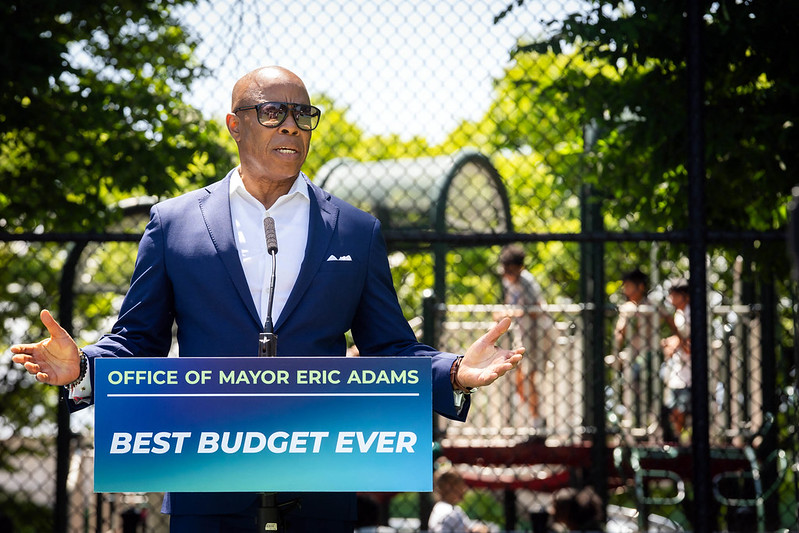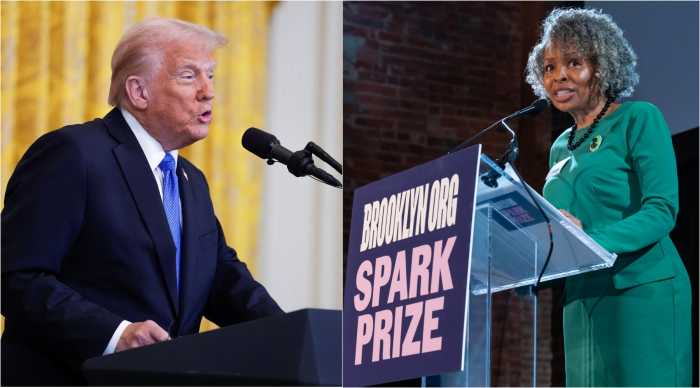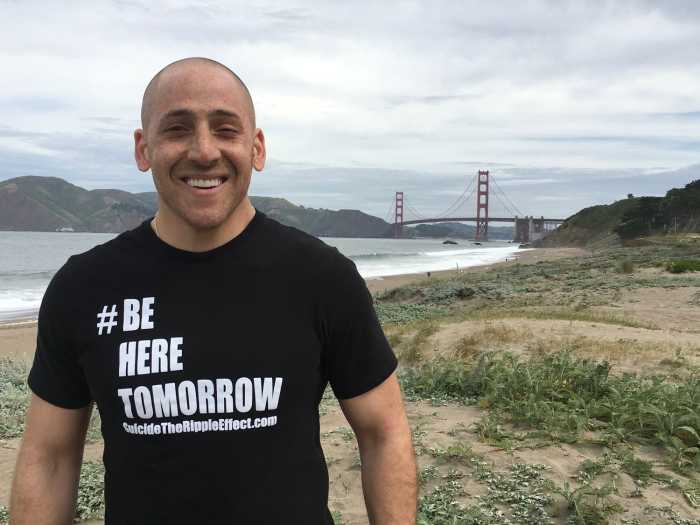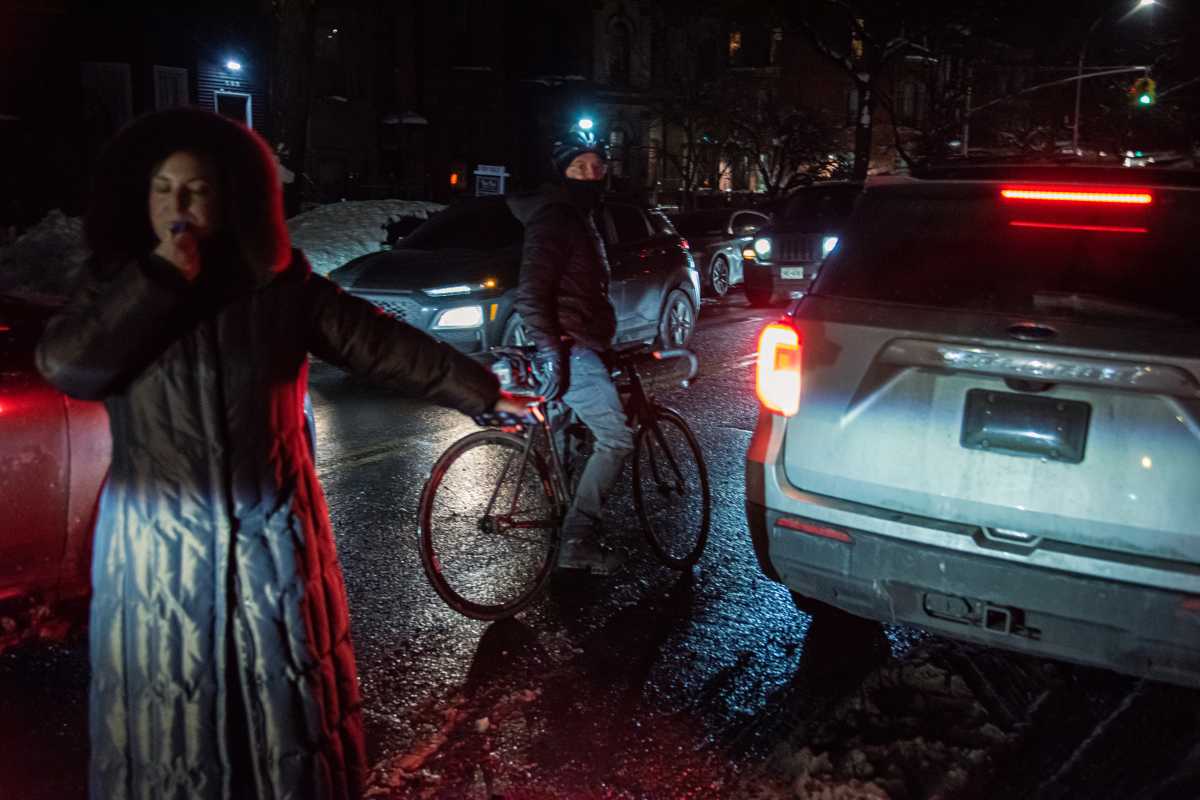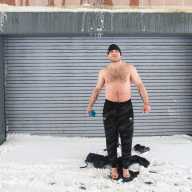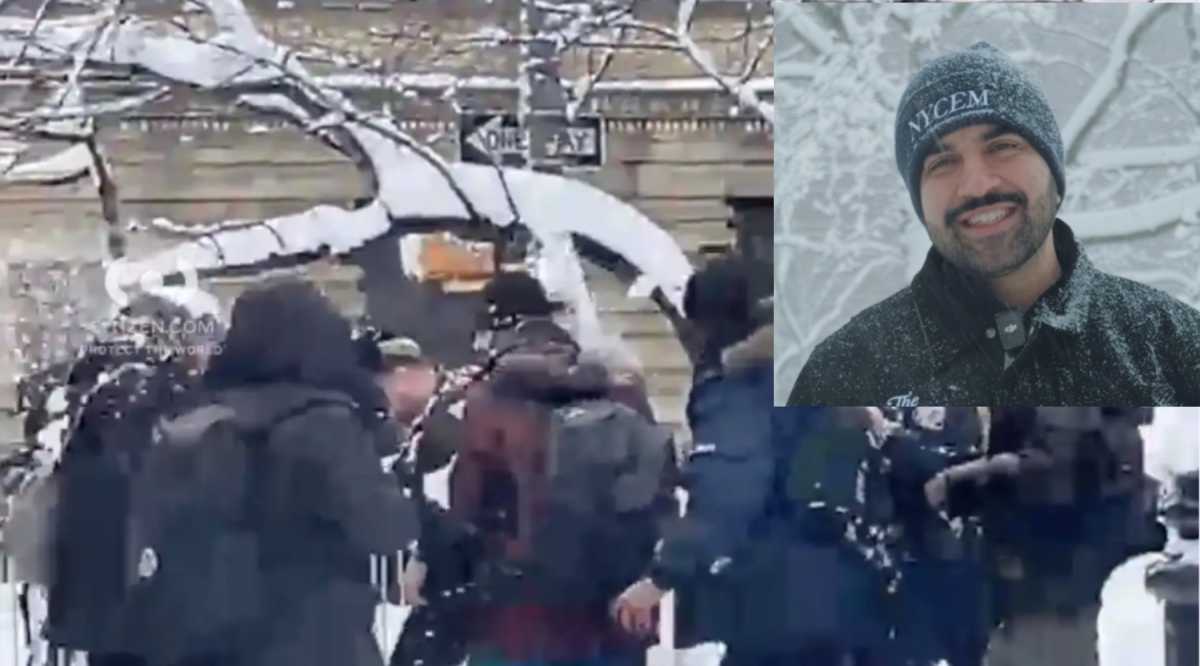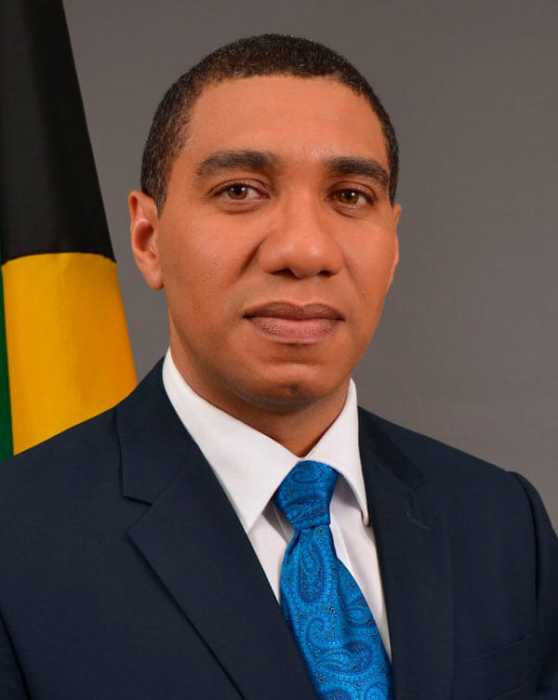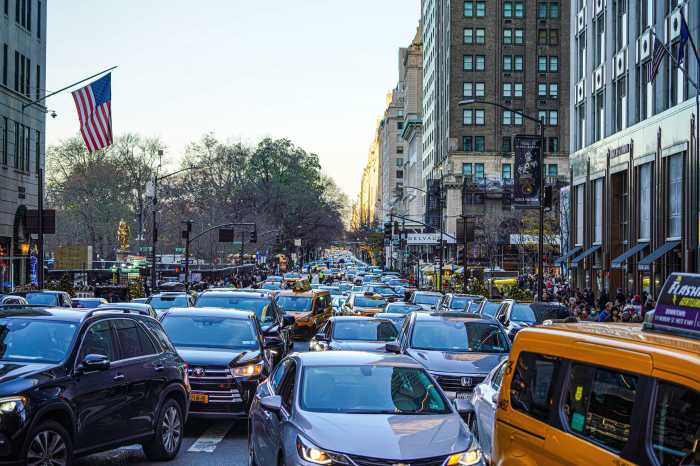Local mental health advocates say a new executive order allowing homeless people to be forcibly removed from streets and hospitalized against their will is a “dangerous regression” that would violate people’s rights and threaten the work of organizations that support mentally ill and homeless individuals.
On July 24, President Donald Trump signed an executive order titled “Ending Crime and Disorder on America’s Streets,” giving state and local governments the authority to involuntarily hospitalize unsheltered people to confront “endemic vagrancy, disorderly behavior, sudden confrontations, and violent attacks” that, as Trump claims, have made cities “unsafe.”
The order also directs defunding “Housing First” policies, which offer permanent housing to people with a history of chronic homelessness without first requiring them to enter shelter or graduate through a series of programs or services. Instead, the money will be directed to states and cities that “enforce prohibitions on open illicit drug use, urban camping and loitering,” the White House said.
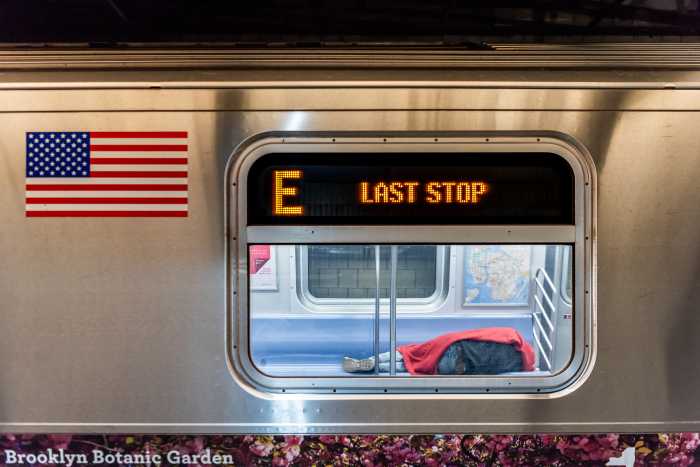
About 771,800 people experienced homelessness in the U.S. in 2024. The ACLU and advocacy organizations for the unsheltered with mental health disabilities or substance use disorder, among them Baltic Street Wellness Solution, have denounced Trump’s new policy, saying it criminalizes homelessness, undermines civil liberties, and diverts support from proven solutions for homelessness.
Brooklyn-based Baltic Street Wellness Solution, New York state’s largest peer-led mental health organization, provides person-centered and trauma-informed services, assists individuals with mental health diagnoses and substance use disorder. Baltic Street’s programs have helped veterans find stable housing after years of street homelessness and supported hundreds to rebuild their lives through empowerment.
Its CEO, Taina Martinez-Laing, said that the organization firmly rejects the executive order, which “promotes involuntary civil commitment and coercive behavioral health policies,” pointing out that Baltic Street’s programs have helped veterans find stable housing after years of street homelessness and empowered hundreds to rebuild their lives through empowerment, connection, community, and care, and not through institutionalization.
“This sweeping mandate, which proposes punitive responses to homelessness and lived mental health experiences under the guise of public safety, is a dangerous regression into systems of surveillance, forced institutionalization, and the criminalization of vulnerability,” Martinez wrote in a statement to Brooklyn Paper. “We are not merely adapting, we are organizing, resisting, and reaffirming our commitment to justice, dignity, and the healing power of peer-led, community-rooted care.”
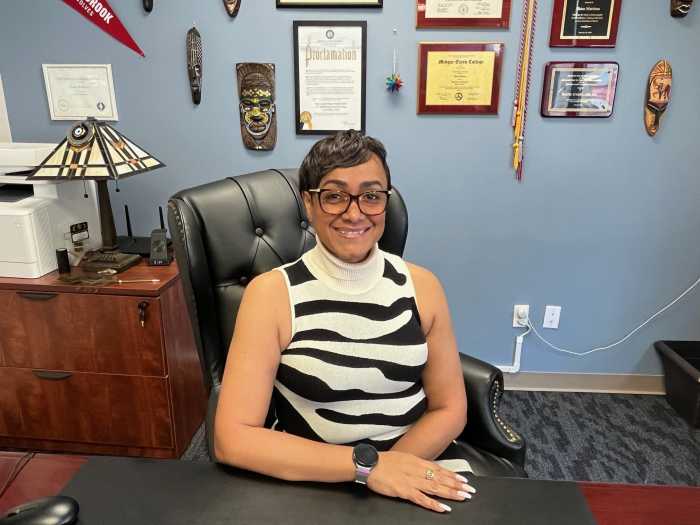
The Coalition for the Homeless says that homelessness in New York City has reached the highest level since the Great Depression of the 1930s. The organization estimates that more than 300,000 New Yorkers were without a home in June 2025. One hundred five thousand three hundred seventy-three people slept in New York City shelters each night, with thousands more sleeping unsheltered in public spaces. Over 200,000 New Yorkers slept temporarily doubled up in the homes of others.
In 2022, Mayor Eric Adams moved to clear homeless encampments from New York City streets, sending police and sanitation workers to throw out tents and personal belongings while urging homeless people to move into permanent shelter. The city swept dozens of encampments and removed more than 2,000 people from the streets that year, but a 2023 audit found that very few of those people found long-term support in city shelters or permanent housing.
Last fall, a lawsuit alleged that the city had violated its own policies during those sweeps by failing to provide advanced and throwing away personal items without storing them for the required 90 days. Several plaintiffs in that suit said they were only offered a ride to a drop-in shelter, not long-term housing assistance or shelter.
Baltic Street is ramping up its efforts to assist the most vulnerable population, including people living with mental health challenges, Black and Brown communities, people in recovery, and unhoused individuals, by mobilizing across the city, state, and federal levels to defend harm reduction, “Housing First,” and community-based alternatives to forced treatment.
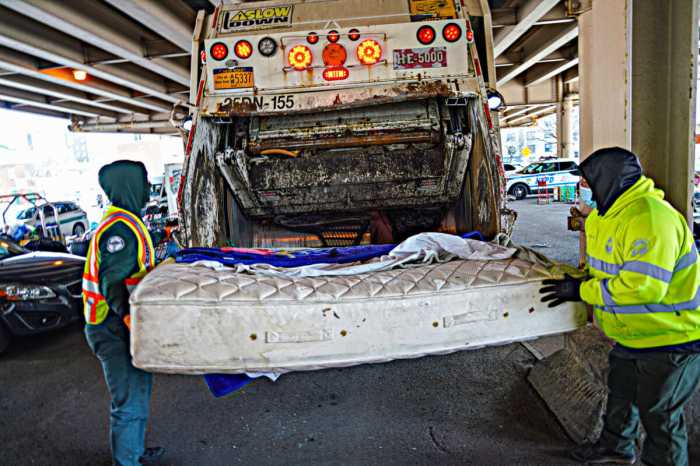
“We are expanding our trauma-informed wellness hubs and street outreach, led by those with lived experience. We meet people where they are voluntarily, compassionately, and without judgment. Recovery cannot be coerced,” Martinez said. “Our voices will be heard from Albany to D.C.”
Martinez elaborated that the organization will protect its clients by implementing safeguards to prevent any unnecessary surveillance or forced interventions within their programs and support legislation that codifies voluntary mental health care, decriminalization of poverty, and protection for harm reduction practices.
The organization also calls on local and state leaders to pass laws that uphold the rights of individuals, reject any enforcement or funding of EO provisions that promote surveillance, forced treatment, or displacement, and protect local resources, like shielding city and state funding for peer services, voluntary care, and housing as a human right.
In the meantime, Baltic Street is collaborating with organizations such as Alliance for Rights and Recovery, VOCAL-NY, RiseWell, InUnity, Housing Works, and other grassroots allies to fight the EO by sharing resources and training, launching coordinated advocacy campaigns, and developing unified policy platforms to challenge coercive laws.
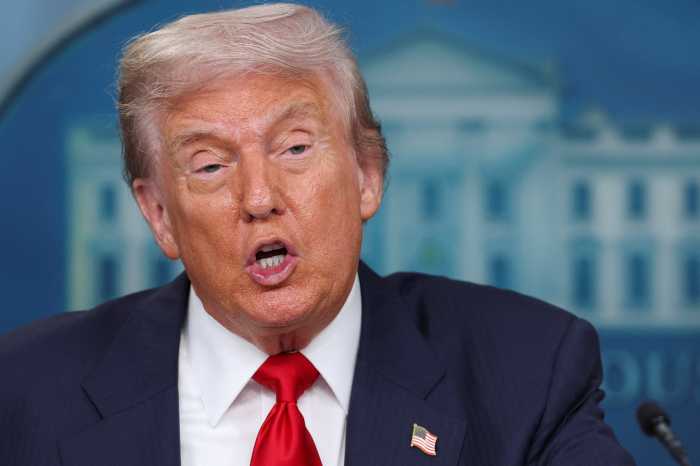
“This Executive Order is a betrayal of every person who has fought for justice in behavioral health. It resurrects a legacy of forced confinement, systemic racism, and state-sanctioned trauma,” Martinez said.
The commander in chief is swiftly turning his EO into motion. At a press briefing on Aug. 11, Trump declared a public safety emergency for Washington, D.C., and announced he is placing the D.C. Metropolitan Police Department under federal control, invoking the District of Columbia Home Rule Act. He also announced the deployment of the National Guard to “help re-establish law and order and public safety” and “rescue the nation’s capital from crime, bloodshed, Bedlam, and squalor and worse.”
Despite the latest D.C. Metropolitan Police statistics which show that overall violent crime in the capital dropped by 26% in 2024, homicide fell by 12%, and robbery by 28%, Trump claimed that the capital had been “overtaken by violent gangs and bloodthirsty criminals, roving mobs of wild youth, drugged-out maniacs, and homeless people,” vowing also to get rid of homeless encampments.
“We’re not going to let it happen anymore,” Trump said. “[D.C.] is becoming a situation of complete and total lawlessness, and we get rid of the slums, too. We have slums here. We’re getting rid of them.”
While Trump painted a picture of rising crime and disorder, Mayor Adams’ office pointed to record-low crime rates in New York City.
Adams’ press secretary, Kayla Mamelak Altus, told the Brooklyn Paper in a statement that under the mayor’s leadership, crime has continued to decline. She said July saw the lowest number of shootings, shooting victims and subway crimes in recorded history, while other violent crimes — including homicides, robberies, felony assaults, burglaries and grand larcenies — were also down.



